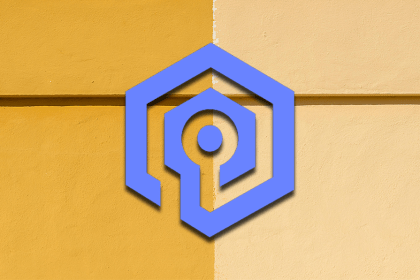
Discover how the Interface Segregation Principle (ISP) keeps your code lean, modular, and maintainable using real-world analogies and practical examples.

<selectedcontent> element improves dropdowns

Learn how to implement an advanced caching layer in a Node.js app using Valkey, a high-performance, Redis-compatible in-memory datastore.

Learn how to properly handle rejected promises in TypeScript using Angular, with tips for retry logic, typed results, and avoiding unhandled exceptions.
2 Replies to "Why you should use package-lock.json"
Thanks for the article. Using `npm ci` even in local development sounds like good advice, but I find it really annoying, that this will cause the Node modules to be installed on every invocation of `npm ci`. I guess it’s rather common to run install/ci on container start to not have to worry about having to update or install new packages (if necessary). Makes it a lengthy process not being able to avoid these re-installations.
Thanks for the blog i learned a lot from it and some of my doubts also got cleared